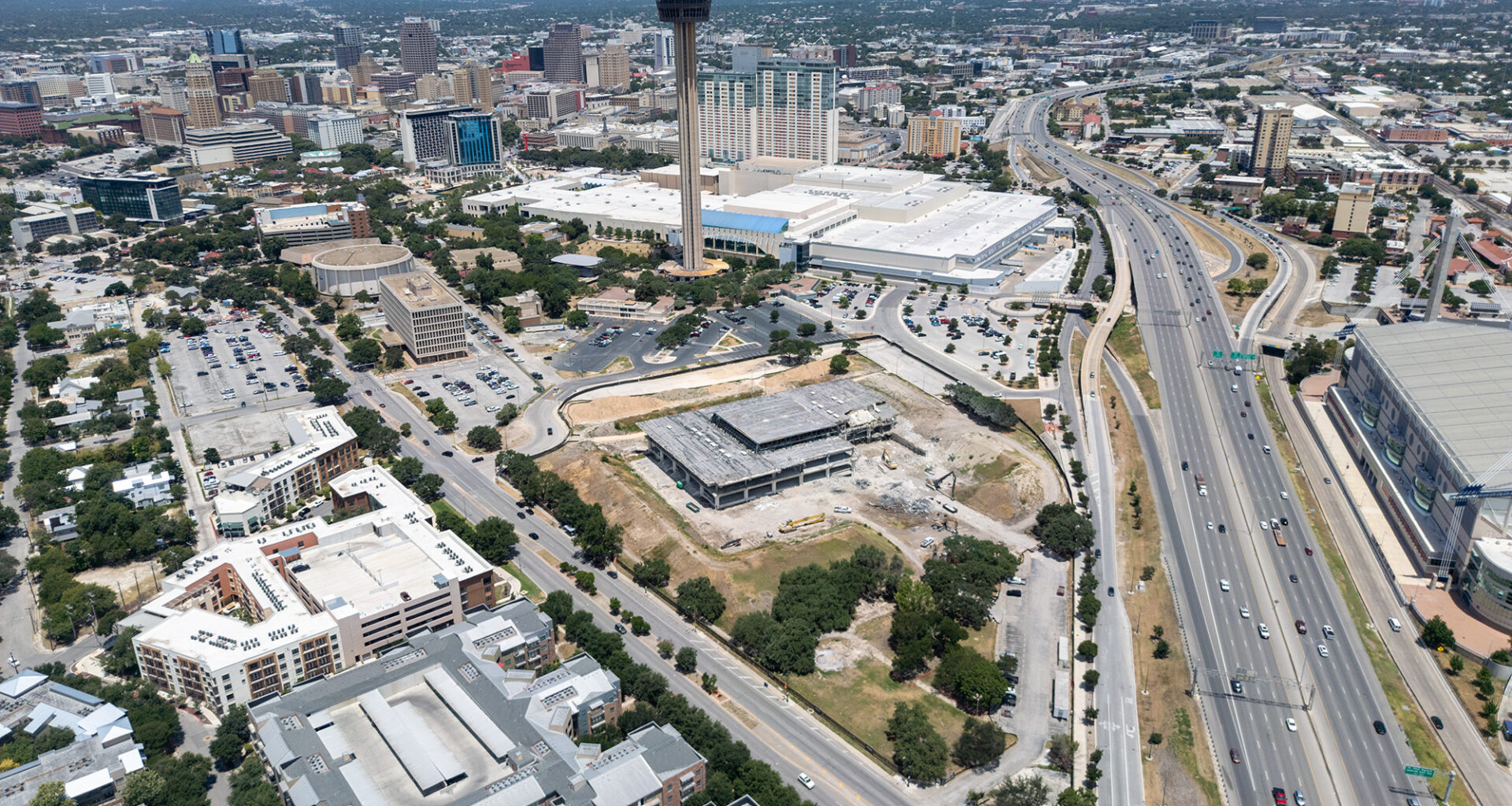CPS Energy is updating its long-term plans for power generation in response to a rapid increase in population. That might mean a rate increase in 2026, but officials at the city-owned utility aren’t ready to ask for one yet.
Utility officials had initially planned to ask for rate increases every two years during this decade and last got a 4.25% rate increase in 2023, but this spring CPS Energy decided that it would not pursue one in 2025.
The electricity provider plans to acquire 5,703 megawatts of production by 2030 as it retires old coal and natural gas power plants and copes with population and business growth in San Antonio.
Between 2020 and 2024, the San Antonio-New Braunfels metropolitan area added almost 200,000 residents, according to data from the U.S. Census Bureau and the Federal Reserve.
There are also businesses relocating to the region, Elaina Ball, CPS’s chief strategy officer, told San Antonio’s City Council Wednesday. CPS has added a production capacity of 4,507 megawatts since 2023, more than tripling its goal. That includes high-profile acquisitions like purchasing more solar power, acquiring four new natural gas power plants and bringing in additional nuclear power generation.
But Ball said customer demand has been above the utility’s 2022 projections, necessitating updates to its generation plan.
CPS has been analyzing new data and plans to bring recommendations to its board and council members this year.
“We have openly discussed the fact that we are in a period of high investment to serve our community with reliable and affordable power for the long term as our population continues to grow,” said Dana Sotoodeh, a CPS public relations manager, in a statement. “When appropriate, we will continue to have discussions with our owner, the City of San Antonio, our Board of Trustees, and our community about the need for additional rate support.”
Sotoodeh emphasized that those discussions would include community outreach.
“CPS Energy remains committed to engaging with our community and the City Council as part of its efforts for any future rate request,” she said.
At a meeting Wednesday, City Council members told the city-owned utility that any cost increases for residents would need to come with detailed explanations.
“We all need to be able to confidently say that if we do, in fact, approve a rate increase that we have done our due diligence and have looked at this as many ways as possible,” said Mayor Gina Ortiz Jones, who noted that the San Antonio Water System was already discussing a 2026 rate increase.
“It’s just going to be hard for me to explain to our taxpayers, our ratepayers, ‘Hey, we need to raise your rates today, but in the long run, it’s going to be good for you,’” said Councilwoman Misty Spears (D9).
CPS President and CEO Rudy Garza said that he wasn’t ready to talk about a rate increase yet, but added that the community and council members would be heavily consulted when that time comes.
“We try to not ask for anything more than we think is justified,” Garza said. “It’s our job to take it to your constituents, our customers, and make that case.”
CPS Energy is emphasizing high-quality service and diversifying its energy production, Garza said. Doing so has environmental benefits and could lower costs in the long run by having different sources of energy, so bills would be less affected by cost changes to individual natural gas, solar or other fuel markets.
Garza said certain infrastructure costs — for poles, wires and other equipment — and labor needs are rising, and added that CPS has mitigated some of those costs by acquiring new power generation. Ball said buying four new power plants near Houston, for example, was cheaper than building the same facilities from the ground up.
Garza said he wants San Antonio residents to have reliable services, but that could come with a cost to ratepayers.
The possibility of a rate hike will be discussed in 2026, Sotoodeh clarified after the meeting.
“Just because our community may be a lower-income community doesn’t mean they deserve less reliability,” Garza said. “And whatever it costs me to deliver service in a reliable manner is what our customers deserve. So we have to have this conversation when it’s appropriate.”
